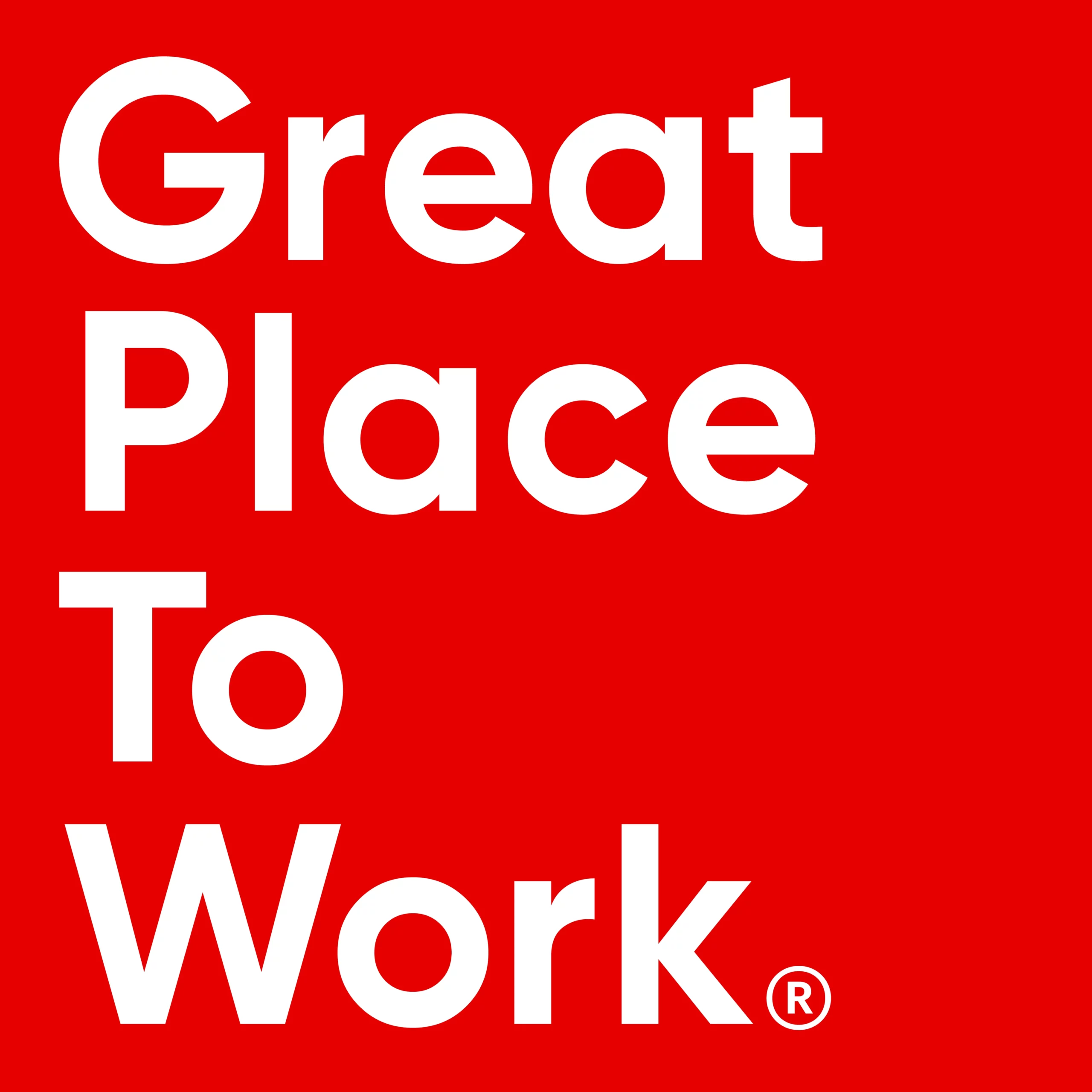This week, as ACA results are announced, Cheryl Aust takes a moment to shift focus from her regular “Road to CFO” series and shine a light on a group with perhaps the most undefined career pathway: newly qualified accountants. With the excitement of qualification often comes uncertainty about the next steps. In this article, Cheryl reflects on the challenges and opportunities that lie ahead for these professionals as they navigate the early stages of their careers..
For those who’ve recently qualified, it’s an exhilarating—and slightly surreal—time. After years of study, the emotional ups and downs of exam results, balancing work, life, and wellbeing, and finally achieving the finish line, you now face an unfamiliar challenge: what to do with all the rediscovered time and the new career opportunities ahead.
This ‘cheat sheet’ is designed to help newly qualified professionals navigate the transition into the job market. Whether you’ve qualified in industry or practice, it aims to offer practical insights and tips to help you thrive. Even one useful takeaway from this guide could make a difference to your journey.
The Reality of the Job Market
Regardless of whether you qualify in industry or in practice, here’s what you should prepare for:
- For many, stepping into the professional job market feels like a numbers game. Interviews may not progress as hoped, and feedback can be vague or nonexistent, leaving you frustrated.
- Meanwhile, recruiters will suddenly flood your inbox and voicemail. It can feel overwhelming—and, frankly, annoying—especially when the freedom you’ve just earned starts getting eaten up by conversations with salespeople.
- In addition, hiring processes are leaning back toward in-person interviews rather than virtual ones, requiring a greater time and energy investment from candidates.
So, here’s Cheryl’s top insights for success:
- Personality trumps technical skills in the majority of cases. If you are coming from practice, your auditing experience is a great foundation, but sitting on the other side of the desk in industry is a different kettle of fish altogether. So, with that in mind, you’re actually fairly limited in the ready-made skills you bring, what’s key in this case is showing what potential you bring – how coachable, proactive, energetic and collaborative you are. Different firms and teams look for different things.
- Your CV will only take you so far. A CV is a one-dimensional document that can’t fully convey your personality and soft skills. Tailor it to showcase experiences relevant to the roles you’re targeting. For example, if you’re interested in Fund Accounting, highlight any experience with valuations, reporting standards, or fund structures.
- Expect to kiss a few frogs. Not every interview will lead to success, and that’s okay. The “no’s” you encounter—whether they come from the employer or yourself—will clarify what you’re truly looking for. The worst outcome is accepting an offer without fully understanding what’s available or whether it’s the right fit for you.
- Preparation is critical – Articulate clearly why the role, company, and culture appeal to you. Attach your interest to something tangible rather than vague statements. For example:
“I’m particularly drawn to the PE sector after auditing firms in this space. I enjoyed working with valuations and learning about GP and LP structures. I’ve also read about growing demand for [XYZ] and believe my skills can add value through [XYZ].”
Take the time to research the industry and come prepared with thoughtful questions. If your recruiter isn’t providing valuable industry insights or thorough preparation, it’s worth finding one who does. (Hi😉!) . - Recruiters worth their salt – A good recruiter, particularly one who specialises in your target market, can be a game-changer. They bring your CV to life by representing your potential, non-technical skills, and achievements directly to hiring teams. Ensure you’re working with recruiters who take the time to know you—whether through virtual or in-person meetings—and can genuinely advocate for your fit.
- Be open minding and have a couple of pathways to consider – understand how you can still achieve long term goals with a different avenue. You might have a preferred and more direct route, but the beauty of finance is that you can be pretty creative, and you can always find evidence on LinkedIn that it can be done.
Final Thoughts
This guide only scratches the surface. There’s much more to cover regarding interview preparation, industry research, and long-term career strategy. For more tailored advice or a one-on-one conversation about your job search, feel free to reach out for an introductory chat. Whether it’s over coffee or a virtual meeting, let’s explore your options and unlock the next stage of your career.
If you’re unsure of your next steps, or would like to discuss live opportunities at leading firms, please reach out directly:
📲Mobile / WhatsApp – 07380 906836
➕ Connect / DM https://www.linkedin.com/in/cheryl-aust-9b7643163/








